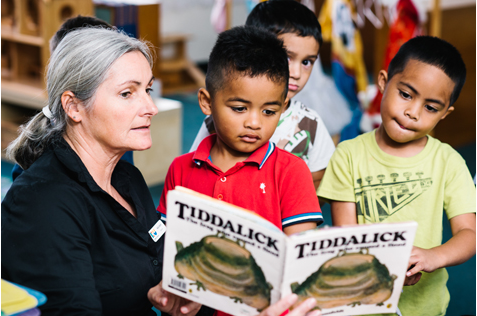One in four homes have children who go a day or more without food, UNICEF finds

The impact of COVID-19 on the world’s children has been substantial, a new report from UNICEF and the World Bank has found, noting that lost adult earnings as a result of the pandemic have meant that children in one out of every four households are going a day or more without food.
Presenting findings on data gathered from 35 countries, the Impact of COVID-19 on the welfare of households with children report notes that households with three or more children were most likely to have lost income, with more than three-quarters experiencing a reduction in earnings. This compares to 68 percent of households with one or two children.
Adults in nearly half of households with children reported skipping a meal due to a lack of money. Around a quarter of adults in households with or without children reported stopping working since the pandemic hit, the report says.
The modest progress which has been made in reducing child poverty in recent years risks being reversed in all parts of the world, UNICEF Director of Programme Group Sanjay Wijesekera warned.
“Families have experienced loss at a staggering scale. Families cannot afford food or essential health care services. They cannot afford housing. It is a dire picture, and the poorest households are being pushed even deeper in poverty.”
“The disruptions to education and health care for children, coupled with catastrophic out-of-pocket health expenses which affect more than 1 billion people, could put the brakes on the development of human capital – the levels of education, health and well-being people need to become productive members of society,” Carolina Sánchez-Páramo, Global Director of Poverty and Equity for the World Bank explained. “This could lock in increases in inequality for generations to come, making it less likely that children will do better than their parents or grandparents.”
Prior to COVID-19, one in six children worldwide – 356 million – experienced extreme poverty, where household members struggled to survive on less than $1.90 a day. More than 40 percent of children lived in moderate poverty. Nearly 1 billion children lived in multidimensional poverty in developing countries, a figure that has since increased by 10 percent as a result of the pandemic.
UNICEF and the World Bank called for a rapid expansion of social protection systems for children and their families and for support including the delivery of cash transfers and the universalisation of child benefits, both of which it believes are critical investments that can help lift families out of economic distress and help them prepare for future shocks.
Since the start of the pandemic, more than 200 countries or territories have introduced thousands of social protection measures, and the World Bank has supported countries with approximately $12.5 billion to implement such measures, reaching nearly 1 billion individuals worldwide.
To access the report please see here.
Popular

Quality
Practice
Provider
Research
Workforce
Honouring the quiet magic of early childhood
2025-07-11 09:15:00
by Fiona Alston

Quality
Practice
Provider
Workforce
Reclaiming Joy: Why connection, curiosity and care still matter in early childhood education
2025-07-09 10:00:07
by Fiona Alston

Workforce
Policy
Quality
Practice
Provider
Research
ECEC must change now, our children can’t wait for another inquiry
2025-07-02 07:47:14
by Fiona Alston













